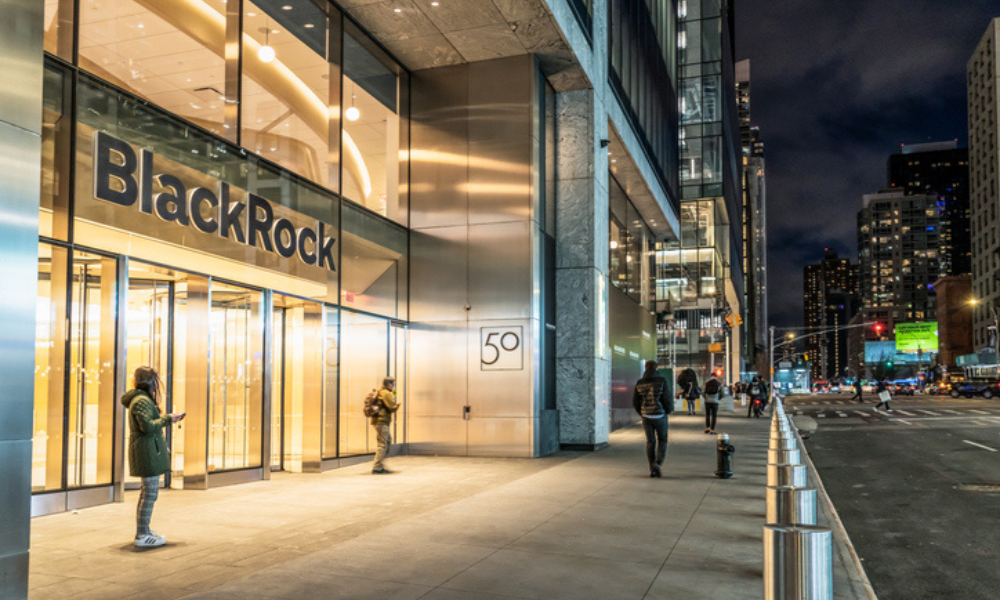

Even though Bitcoin has been highly correlated as of late with the price moves of US equities, BlackRock Inc.’s head of digital assets says it’s a likely misnomer to call the cryptocurrency a “risk-on” asset.
Stocks, commodities and high yield bonds are generally considered risk-on assets since they usually perform well during periods of market optimism and economic expansions. Assets such as gold are often popular with investors during times of uncertainty.
“Gold shows a lot of the same patterns,” BlackRock’s Robbie Mitchnick said in a Bloomberg Television interview Tuesday. “Where you have these temporary periods, but long term [correlation is] close to zero.”
No single country or government controls Bitcoin, and it’s scarce and decentralized, he said.
“When we think about Bitcoin, we think about primarily as an emerging global monetary alternative,” Mitchnick said. “Scarce, global, decentralized, non-sovereign asset. And it’s an asset that has no country-specific risk, that has no counterparty risk.”
BlackRock runs exchange-traded funds, investing in Bitcoin and Ether. But while many investors view Bitcoin as digital gold — something that holds value at times of stress — the narrative for Ether among many institutional clients “is a little less clear,” Mitchnick said. Ether is used by a variety of apps on the Ethereum blockchain.
Bitcoin is up 49% so far this year, and Ether has appreciated 15%, largely thanks to the approval of ETFs holding both tokens earlier this year.

While industry statistics pointing to a succession crisis can cause alarm, advisor-owners should be free to consider a middle path between staying solo and catching the surging wave of M&A.

New joint research by T. Rowe Price, MIT, and Stanford University finds more diverse asset allocations among older participants.

With its asset pipeline bursting past $13 billion, Farther is looking to build more momentum with three new managing directors.

A Department of Labor proposal to scrap a regulatory provision under ERISA could create uncertainty for fiduciaries, the trade association argues.

"We continue to feel confident about our ability to capture 90%," LPL CEO Rich Steinmeier told analysts during the firm's 2nd quarter earnings call.
Orion's Tom Wilson on delivering coordinated, high-touch service in a world where returns alone no longer set you apart.
Barely a decade old, registered index-linked annuities have quickly surged in popularity, thanks to their unique blend of protection and growth potential—an appealing option for investors looking to chart a steadier course through today's choppy market waters, says Myles Lambert, Brighthouse Financial.
